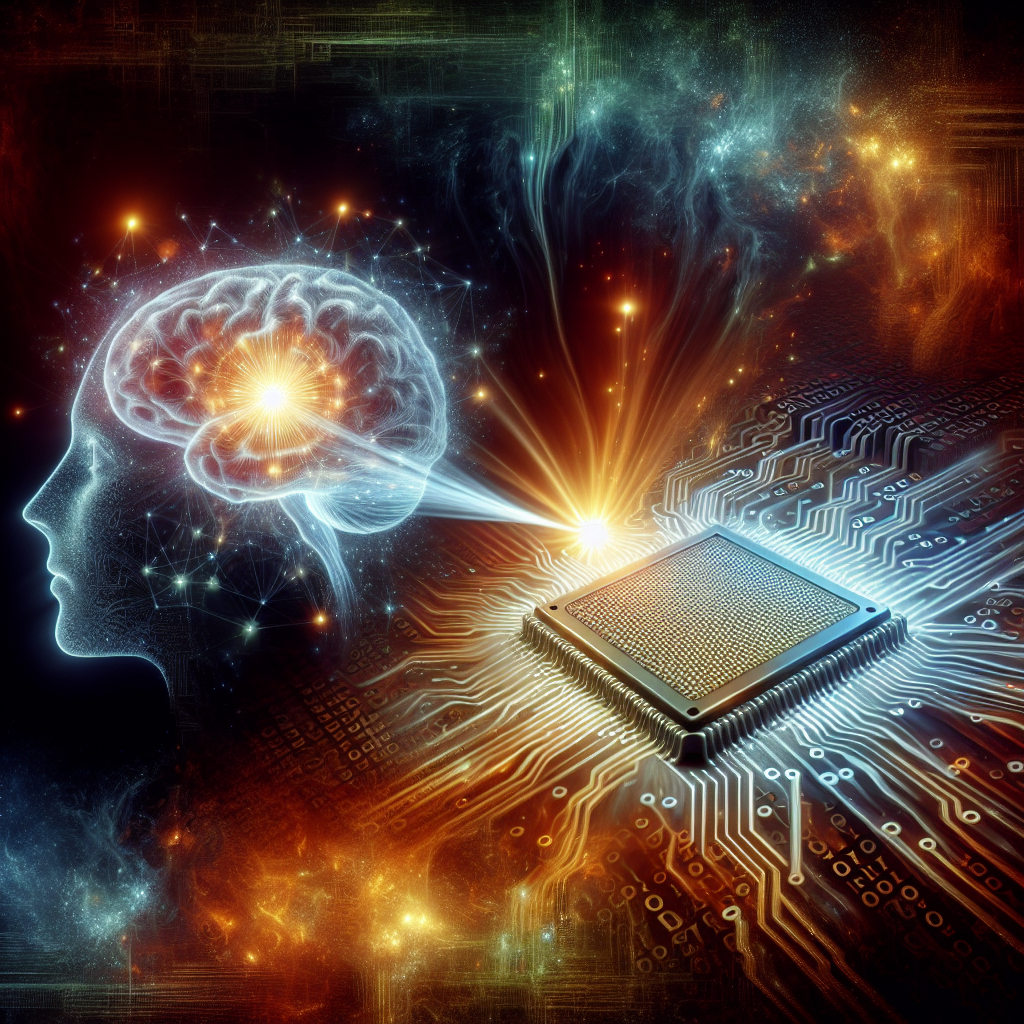Artificial General Intelligence (AGI) is a term used to describe a type of artificial intelligence that possesses the ability to understand, learn, and apply knowledge across a wide range of tasks. Unlike narrow AI systems, which are designed for specific tasks such as playing chess or recognizing speech, AGI aims to replicate the cognitive abilities of human beings.
One of the key areas of interest in the development of AGI is its potential impact on human creativity. Creativity is a fundamental aspect of human intelligence, enabling us to think outside the box, come up with innovative solutions, and express ourselves through art, music, and literature. Can machines ever truly replicate this uniquely human capacity for creativity?
In this article, we will explore the boundaries of artificial intelligence and the challenges and opportunities that arise when considering the intersection of AGI and human creativity.
Understanding Artificial General Intelligence (AGI)
AGI is often seen as the holy grail of artificial intelligence research. While narrow AI systems have made significant advancements in recent years, they are limited in their ability to generalize knowledge and adapt to new tasks. AGI, on the other hand, aims to replicate the flexibility and adaptability of human intelligence.
One of the key challenges in developing AGI is creating systems that can learn and reason across a wide range of domains. This requires not only advanced algorithms and computational power but also a deep understanding of human cognition and intelligence.
Researchers are exploring a variety of approaches to achieving AGI, including deep learning, reinforcement learning, and symbolic reasoning. These approaches aim to create systems that can learn from data, reason about complex problems, and interact with the world in a meaningful way.
The Impact of AGI on Human Creativity
One of the most intriguing questions surrounding AGI is its potential impact on human creativity. Can machines ever truly replicate the creative abilities of humans, or are there fundamental differences that make human creativity unique?
Some researchers argue that creativity is a complex and multifaceted phenomenon that goes beyond simple problem-solving or pattern recognition. It involves the ability to think abstractly, make connections between seemingly unrelated concepts, and generate novel ideas. Can machines ever truly replicate this level of creativity?
Others believe that AGI has the potential to enhance human creativity by serving as a tool or collaborator in the creative process. For example, AI systems can help artists generate new ideas, musicians compose music, or writers come up with storylines. By automating routine tasks and providing inspiration, AI can free up human creators to focus on higher-level aspects of their work.
However, there are also concerns about the impact of AGI on human creativity. Some fear that AI systems could replace human creators altogether, leading to a world where machines produce all of our art, music, and literature. Others worry that AI could stifle creativity by limiting the diversity of ideas and perspectives that are essential for innovation.
Exploring the Boundaries of AI and Human Creativity
As we continue to push the boundaries of artificial intelligence, it is important to consider the implications for human creativity. How can we ensure that AI enhances rather than replaces human creativity? What are the ethical and societal implications of AI-driven creativity?
One approach is to view AI as a tool or collaborator in the creative process. By leveraging the strengths of both human and machine intelligence, we can create more powerful and innovative works of art, music, and literature. For example, AI systems can analyze large datasets of artwork to identify patterns and trends that human creators might not have noticed, or generate new ideas based on existing works.
Another approach is to focus on the unique capabilities of human creativity that AI cannot replicate. While machines excel at tasks such as pattern recognition and optimization, humans have the ability to think abstractly, make emotional connections, and engage in complex social interactions. By emphasizing these uniquely human qualities, we can ensure that AI complements rather than replaces human creativity.
FAQs
Q: Can AI ever be truly creative?
A: While AI systems can generate novel ideas and solutions, they lack the emotional depth and intuition that are essential for true creativity. However, AI can serve as a powerful tool for human creators, helping them explore new possibilities and push the boundaries of their work.
Q: Will AI replace human creators?
A: While AI has the potential to automate routine tasks and assist in the creative process, human creativity is a complex and multifaceted phenomenon that goes beyond simple problem-solving. AI is more likely to enhance human creativity by providing new tools and opportunities for expression.
Q: What are the ethical implications of AI-driven creativity?
A: As AI becomes more integrated into the creative process, it is important to consider issues such as copyright, ownership, and attribution. Who owns the rights to AI-generated works? How do we ensure that AI is used ethically and responsibly in creative endeavors?
In conclusion, the intersection of AGI and human creativity raises fascinating questions about the nature of intelligence, creativity, and the relationship between humans and machines. While AI has the potential to enhance human creativity in new and exciting ways, it is important to consider the ethical and societal implications of this rapidly evolving technology. By exploring the boundaries of AI and human creativity, we can harness the power of AI to create a more innovative and inclusive creative landscape.

